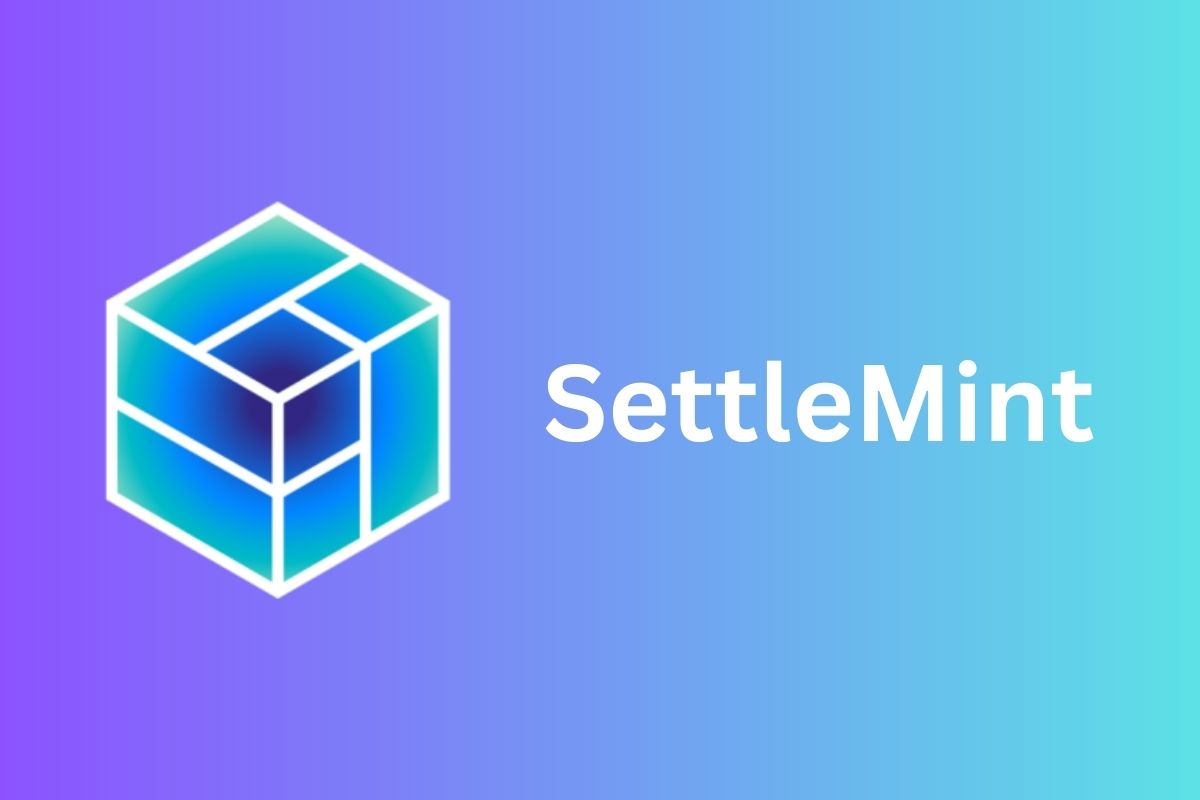The rise of AI-driven software writing has led companies to introduce code-generating products. SettleMint, a low-code blockchain tool for enterprises, has followed suit by integrating an AI assistant into its platform.
Following SettleMint’s €16 million Series A funding round, the AI assistant was unveiled after approximately nine months. Its primary goal is to assist developers in creating smart contracts, integrating data, and improving quality assurance (QA) testing.
Amidst a downturn in digital currency prices, the seven-year-old Belgian company continues to experience consistent user growth. This surge is attributed to the increasing recognition among enterprises of the advantages of blockchain technology. However, many enterprises lack the necessary technical expertise to actualize their ideas in this domain.
According to a survey conducted by the programmer Q&A site Stack Overflow, a mere 1% of respondents claimed to have significant experience in Solidity. This programming language is utilized for writing smart contracts, which are self-executing digital contracts commonly implemented on blockchain platforms, particularly Ethereum.
Roderik van der Veer, co-founder, and CTO at SettleMint, emphasized that the AI assistant was designed with the intention of complementing human efforts rather than replacing them. Instead, its primary purpose is to assist in drafting smart contracts and, more importantly, to provide valuable insights by explaining the functionality of each line of code.
According to van der Veer, “If you understand a piece of code, you know where you get it wrong.” With the AI assistant’s capabilities, developers no longer need to manually search the internet or rely on their Google skills to identify errors. The AI does this work, making the process more efficient and accurate.
Van der Veer mentioned that although the AI assistant can propose modifications to mitigate vulnerabilities, it does not guarantee bug-free code. Technical audits remain essential, particularly due to the intricacies of blockchain systems. However, with SettleMint’s AI acting as the initial screening layer, auditors can focus on debugging the more complex parts of the code.
The AI assistant at SettleMint is predominantly trained on OpenAI’s GPT-4, receiving constant updates with the most recent information related to the dynamic world of blockchain development, where technical upgrades occur frequently.
Despite the “crypto winter,” SettleMint has experienced significant growth in lead generation and secured contracts, with sales multiplying 3-4 times this year, as mentioned by van der Veer. The enterprise blockchain space is maturing, evident in the shifting customer behavior, transitioning from small project teams within companies to larger groups engaging in substantial internal training.
Amid the market downturn, smart contracts are finding diverse applications. According to van der Veer, NFT use cases are evolving beyond collectibles to practical functions like ticketing and providing proof of ownership.
SettleMint has expanded its reach, establishing offices in Leuven, Dubai, New Delhi, Singapore, and Tokyo. The company’s strategic focus lies in the Asian market, and this expansion has been made possible through funding from the renowned Japanese electronics giant Fujitsu. Additionally, the company sees considerable growth opportunities in the Middle East.



